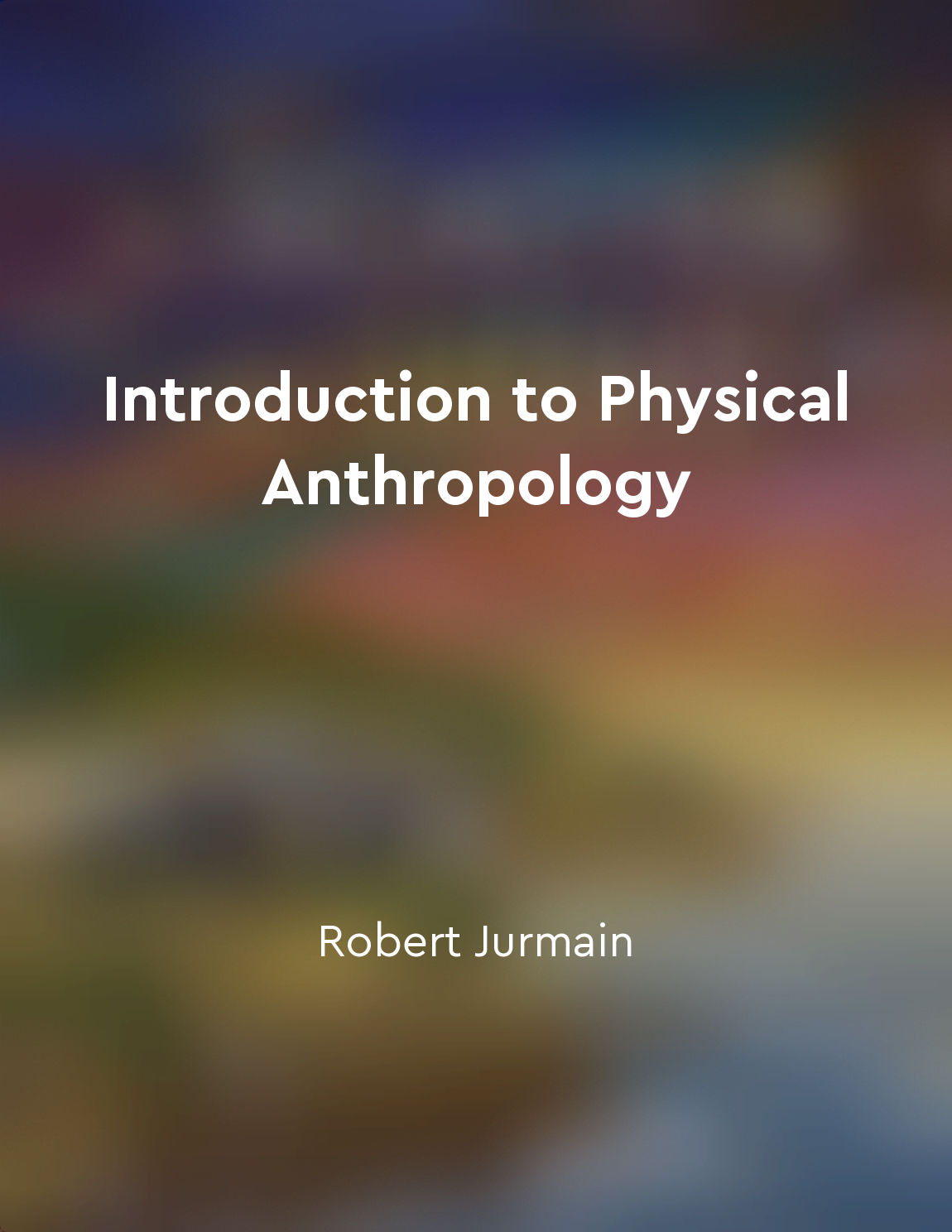Throughout history, salt has been a valuable commodity from "summary" of Salt by Mark Kurlansky
Salt has played a significant role in human civilization for centuries. Its value as a commodity dates back to ancient times, when it was used for preserving food, enhancing flavor, and even as a form of currency. In various cultures, salt was a symbol of purity, friendship, and hospitality. It was so valuable that it was often referred to as "white gold" or "the spice of life."In ancient Rome, soldiers were sometimes paid in salt, which is where the word "salary" is believed to have originated. Salt was also used in religious ceremonies and rituals, symbolizing purification and protection. The importance of salt extended beyond culinary and economic purposes, influencing art, literature, and folklore in many societies. During the Middle Ages, salt production became a lucrative business, leading to the establishment of salt mines and trade routes. The demand for salt led to the creation of salt cities and towns, where the mineral was processed and distributed to various regions. In some cases, salt was even used as a form of taxation, further highlighting its economic significance. The discovery of new sources of salt, such as salt springs and salt mines, fueled exploration and trade across the globe. European explorers sought new routes to access salt deposits in distant lands, leading to the colonization of territories rich in salt resources. The quest for salt played a crucial role in shaping geopolitical alliances and conflicts throughout history. In more recent times, salt has remained a valuable commodity, with modern industries relying on it for food processing, chemical production, and water treatment. Despite advances in technology, the importance of salt in daily life is undeniable, as it continues to be a staple in kitchens around the world. The legacy of salt as a valuable commodity lives on, reminding us of its enduring significance in human history.Similar Posts

The state mirrors the structure of the individual soul
In our discussion of justice and the ideal state, it becomes apparent that the structure of the individual soul is intimately c...
Tourism promotes crosscultural interactions
The movement of people for pleasure and exploration has a long and storied history. Tourism has been a vital part of human acti...
Conquest of Mexico a turning point in world history
The conquest of Mexico stands out as a momentous event in the annals of world history. It marked a significant turning point th...
Real food is essential for good health
Real food - that is, whole, unprocessed foods that have been grown or raised naturally - is the foundation of good health. Our ...

Pay attention to how heat affects ingredients
When we cook, we must remember that heat is a powerful force that can transform ingredients in various ways. It can bring out n...

Sound money is essential for economic prosperity
Sound money is a fundamental requirement for a prosperous economy. Without sound money, individuals and businesses are unable t...

Primates are our closest living relatives
The concept that primates are our closest living relatives is a fundamental principle in the field of physical anthropology. Wh...

Battle against natural obstacles
Throughout the journey to the center of the Earth, the trio of explorers faced numerous challenges posed by the natural obstacl...
Cultural factors affect societal development
Cultural factors play a crucial role in shaping the development of societies. The beliefs, values, and practices of a society c...
Trust is essential for societal progress
Trust is the foundation upon which progress is built. Without trust, societies cannot function efficiently. When individuals tr...
